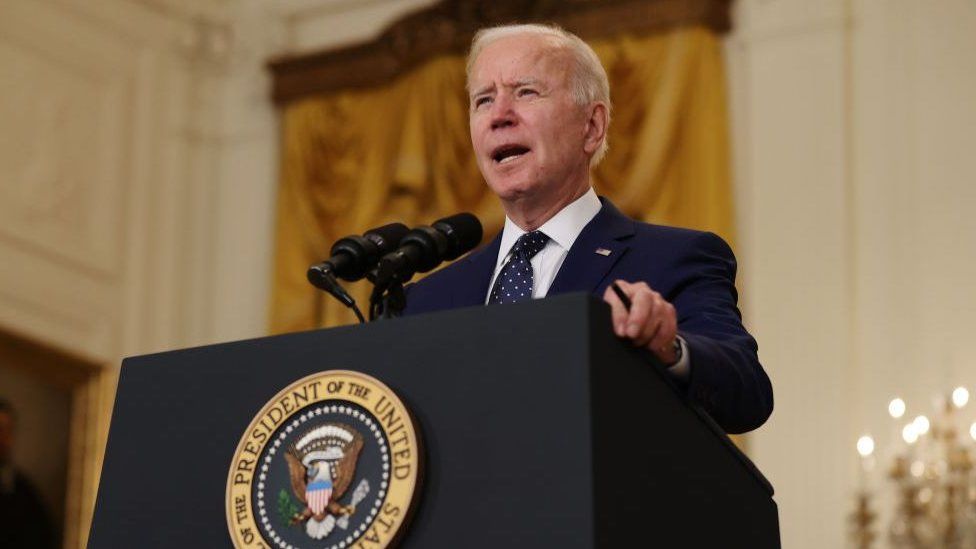 English
English

President Joe Biden might have persuaded some of the world’s largest economies to hike taxes on corporations, but the U.S. Congress could be a far tougher sell.

Washington: President Joe Biden might have persuaded some of the world's largest economies to hike taxes on corporations, but the U.S. Congress could be a far tougher sell.
White House press secretary Jen Psaki said Friday that leaders of the Group of Seven which also includes the United Kingdom, France, Canada, Germany, Italy and Japan agreed with Biden on placing a global minimum tax of at least 15 per cent on large companies. The G-7 leaders, participating in a three-day summit in England, affirmed their finance ministers who earlier this month endorsed the global tax minimum.
America is rallying the world to make big multinational corporations pay their fair share so we can invest in our middle class at home, Jake Sullivan, the president's national security adviser, said Friday on Twitter.
A minimum tax is supposed to halt an international race to the bottom for corporate taxation that has led multinational businesses to book their profits in countries with low tax rates.
This enables them to avoid taxes and encourages countries to slash rates. The minimum rate would make it tougher for companies to avoid taxes, and could possibly supplant a digital services tax that many European nations are imposing on U.S. tech firms that pay at low rates.
Biden administration officials believe the use of overseas tax havens has discouraged companies from investing domestically, at a cost to the middle class.
The president hopes a G-7 endorsement can serve as a springboard for getting buy-in from the larger Group of 20 complement of nations.
The agreement is not a finished deal, as the terms would need to be agreed upon by countries in the Organization for Economic Cooperation and Development and implemented by each of them.
The president needs other countries to back a global minimum tax to ensure that his own plans for an enhanced one in the U.S. don't hurt American businesses.
It has the potential to stop the race to the bottom," said Thornton Matheson, a senior fellow at the Tax Policy Center.
"It would be a huge sea change in the way things have been going in corporate taxes for the last three decades.
The idea of an enhanced global minimum tax is also an integral part of Biden's domestic agenda, but it faces resistance in Congress.The president has proposed using a global minimum tax to help fund his sweeping infrastructure plan.His budget proposal estimates it could raise nearly USD 534 billion over 10 years, but Republicans say the tax code changes would make the United States less competitive in a global economy.
Treasury Secretary Janet Yellen framed the agreement as a matter of basic fairness after the finance ministers' meeting.
We need to have stable tax systems that raise sufficient revenue to invest in essential public goods and respond to crises and ensure that all citizens and corporations fairly share the burden of financing government, she said.
Texas Rep. Kevin Brady, top Republican on the House Ways and Means Committee, said GOP lawmakers would fight tooth and nail against the tax. Republicans view lower taxes as encouraging companies to invest and hire, putting little stock in Biden's argument that improved infrastructure and better-educated workers would help increase growth.
It is an economic surrender," Brady said Friday. President Biden has managed to do the impossible -- he has made it better to be a foreign company and a foreign worker than an American company and an American worker.
Senate Republican Leader Mitch McConnell of Kentucky has repeatedly said his party will oppose any measures that undo the 2017 tax cuts signed into law by President Donald Trump.(PTI)